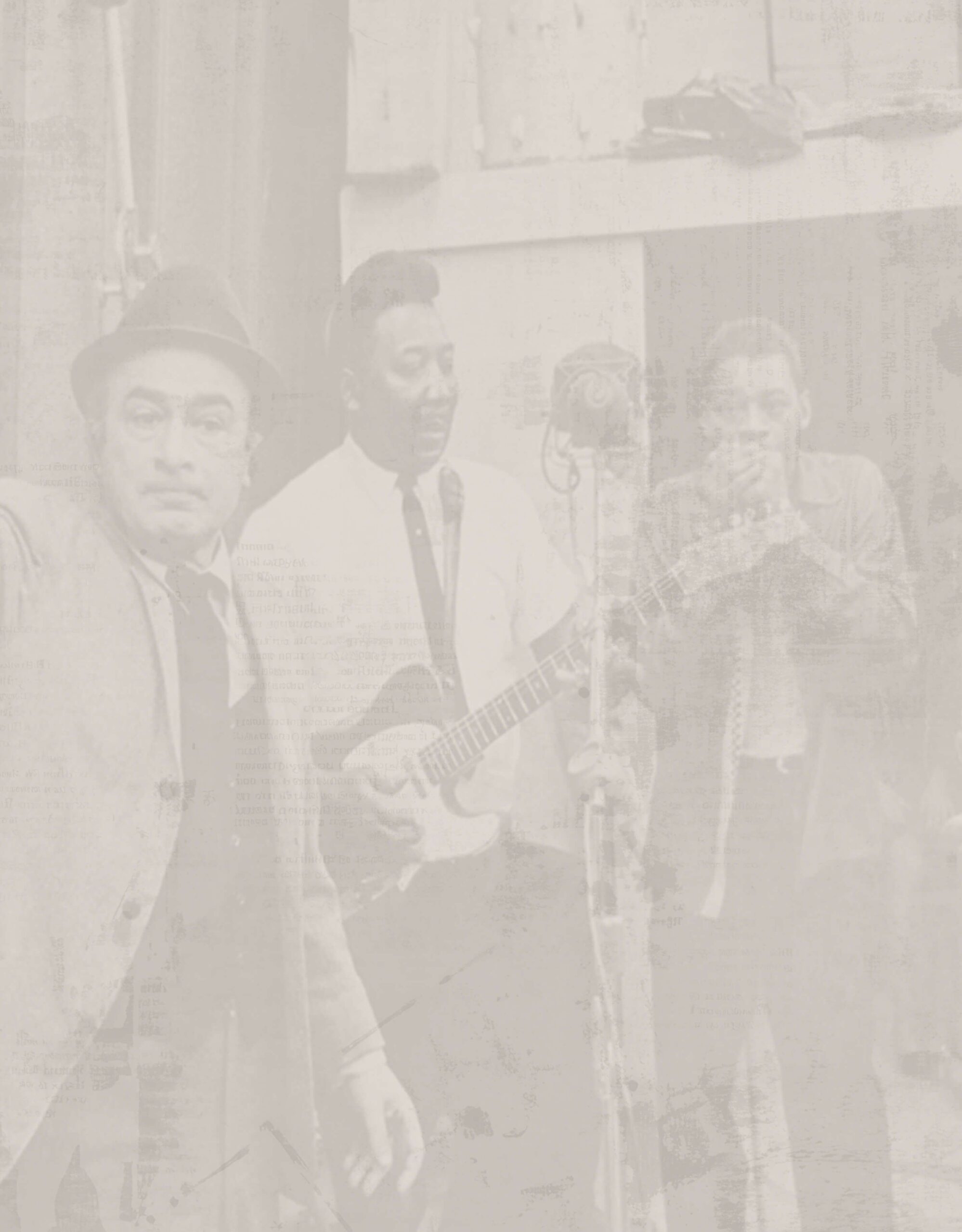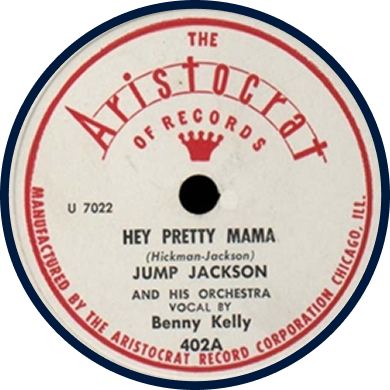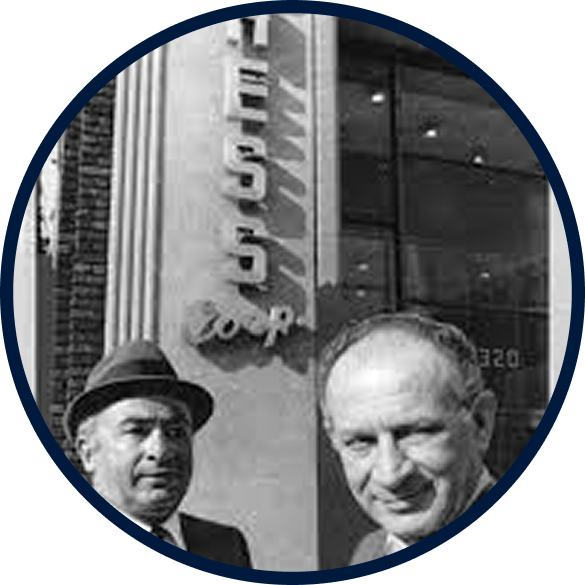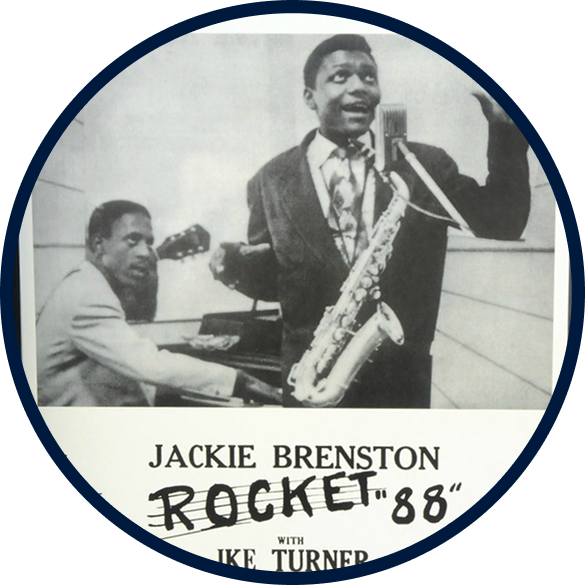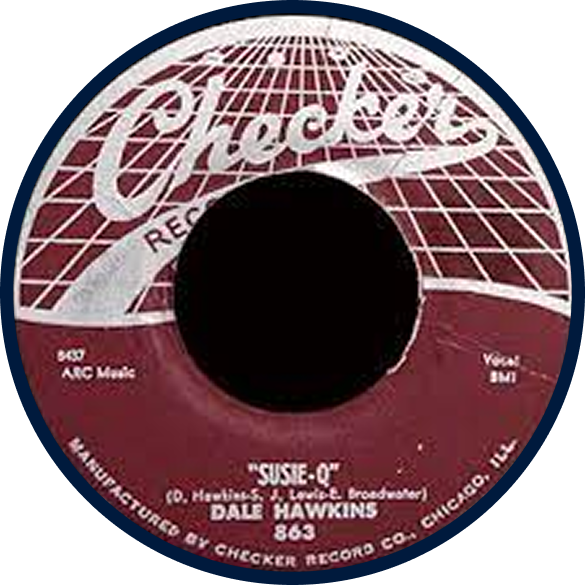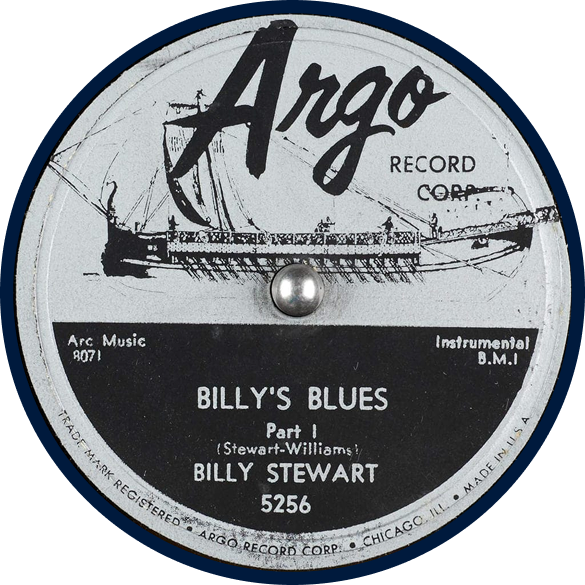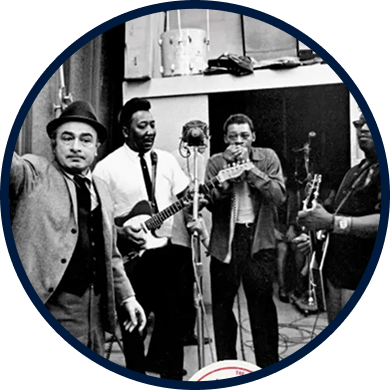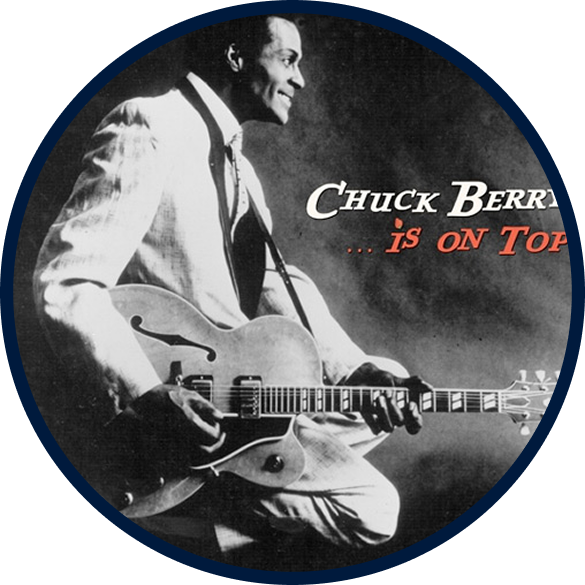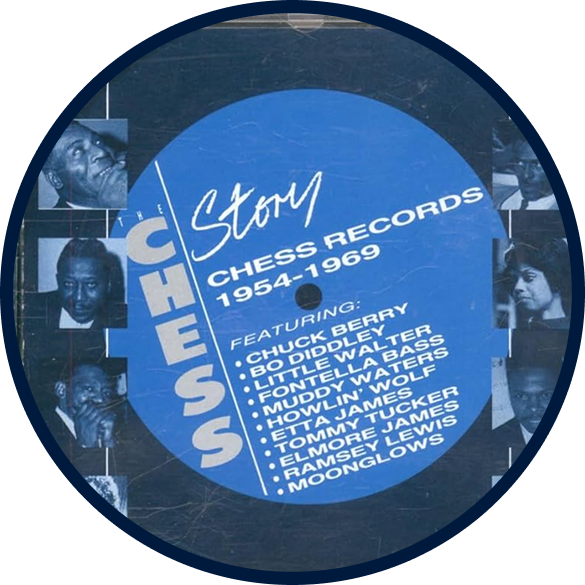
HISTORY OF CHESS RECORDS
The Sound
that changed the world
Like America itself, the story of Chess Records is a tale of opportunity in new lands, crossing lines of color and culture to create rhythm and blues music that influenced listeners the world over. Chess’ stunning roster – and its canny founders – enhanced and transformed the blues from folk music to popular sound. In 2025, Chess Records celebrates its 75th anniversary.

Chess was masterminded by brothers Lejzor and Fiszel Czyż, who emigrated from the rural town of Motal, Poland (now Belarus) to Chicago. The brothers followed their father into the liquor business and soon pivoted into nightclub management; Leonard restored an old eatery as the Macomba Club, an after-hours live music venue that opened in 1946. After investing in local label The Aristocrat of Records, the brothers assumed full control in 1950, rebranding it as Chess and cultivating a roster that included Muddy Waters, Howlin’ Wolf, John Lee Hooker and Big Bill Broonzy. The label also issued “Rocket 88” by Jackie Brenston and His Delta Cats (a pseudonym for a combo led by Ike Turner), considered a crucial step in the development of rock and roll in the mid-’50s.
Chess’ spin-off labels included Checker, which issued hits by Little Walter, Sonny Boy Williamson and Bo Diddley; and Argo/Cadet, a home for jazz and R&B artists like Etta James, Ramsey Lewis and Ahmad Jamal. Chess’ own roster featured Chuck Berry, Buddy Guy, Willie Dixon and a host of blues guitarists. They’d inspire a generation of British musicians to interpret the blues in their own way, with acts like The Beatles, The Rolling Stones and Eric Clapton, citing Chess artists as influences and drawing new fans to their music. In fact – The Rolling Stones named themselves after the song ‘Rollin’ Stone’ by Muddy Waters, released on Chess Records in 1950. More than a dozen of Chess artists and personnel are the Rock and Roll Hall of Fame inductees, and 16 of the company’s recordings in the Grammy Hall of Fame.

Cool Timeline


